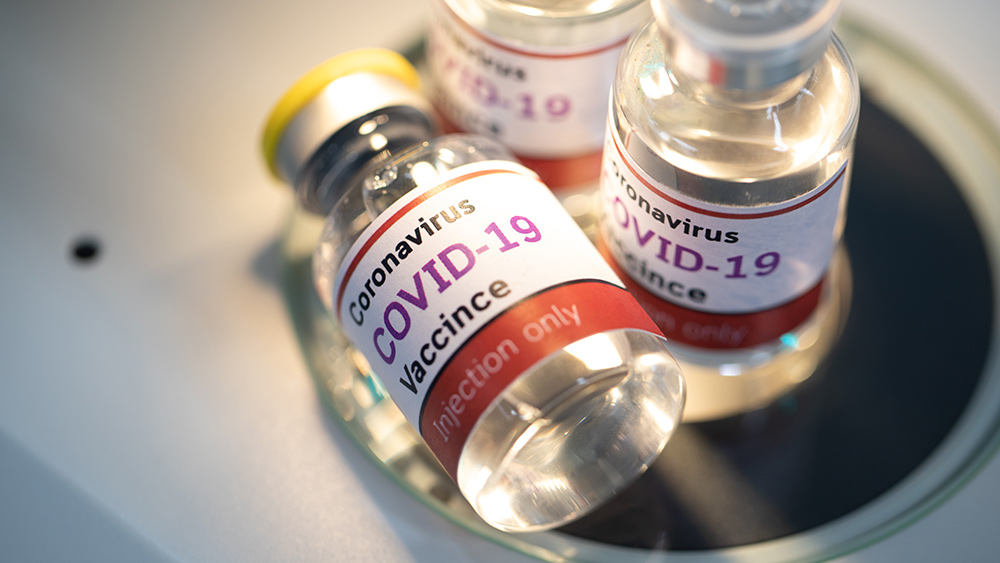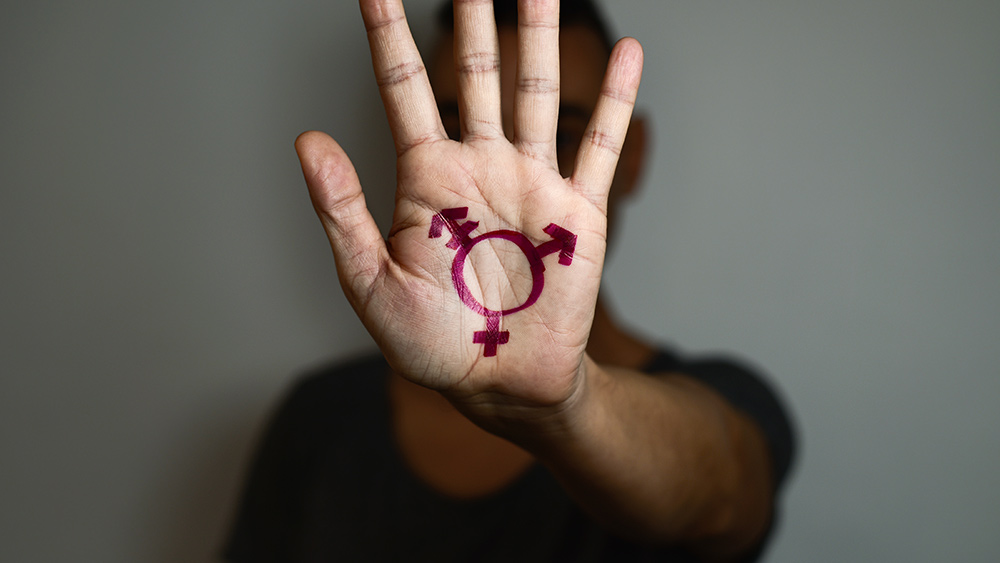
The SARS-CoV-2 virus, which is responsible for the COVID-19 pandemic, may be a few mutations away from evading vaccines, says Dr. Rochelle Walensky, director of the Centers for Disease Control and Prevention (CDC).
"The largest concern that I think we in public health and science are worried about is that virus and the potential mutations. We have a very transmissible virus, which has the potential to evade our vaccines in terms of how it protects us from severe disease and death," she said.
She also mentioned that there could be a threat of a COVID-19 variant that will be immune to current vaccines. This should be more of a reason for Americans to be vaccinated to contain the virus and any other potential mutations.
More than 163 million Americans have been vaccinated as of July 27, 2021, and the CDC has issued new guidance advising fully vaccinated individuals to wear masks indoors if they are in an area of "substantial or high" transmissions.
This is a reversal of a previous advisory that the CDC issued in May, where they stated that fully vaccinated individuals don't need to wear masks indoors or in most other settings.
However, the latest surge in COVID-19 cases in the U.S. has been driven by the spread of the delta variant, which now comprised more than half of all new infections beginning early June, and has become more prevalent since. However, it surged largely among those that are unvaccinated. In the last month, the seven-day average of new cases has quintupled in the U.S., from 11,887 on June 26, to 56,635 a month later on July 26.
White House press secretary Jenn Psaki told reporters in a briefing on July 27 that the government is "dealing with a much different strain of this virus than we were even earlier in the spring, back in May, when the masking guidance was done -- provided by the CDC at that time."
She also added that the job of the CDC is to look at evolving information and data, and provide guidance to the public.
The CDC also announced on Tuesday that those who were infected with the delta variant, vaccinated or not, have higher viral loads compared to other versions of the infection. This means that they tend to carry greater amounts of the virus, and even vaccinated individuals can pass them on, similar to how unvaccinated people do. (Related: Fully vaccinated Americans are SPREADING covid's delta variant, health expert warns.)
More virus mutations possible
Viruses change over time as they replicate inside their host. This is why there are countless versions of coronavirus circulating, each separated by small changes in their genetic code. The more people a virus infects, the more chances it has to mutate to a new variant.
"The biggest concern at the moment is just the sheer number of people that have the virus and therefore the sheer number of variants that are being generated," Andrew Read, from the department of entomology at Pennsylvania State University said. "Some of those might be the jackpot, which are even fitter than Delta.
Unfortunately, emerging research stated that a single vaccine dose cannot hold up well against the delta variant compared to other strains. Analyses also found that two doses of Pfizer's vaccines were only 88 percent effective at preventing symptomatic COVID-19 delta strains, while a single shot was only 33 percent effective. This is compared to the 95 percent and 52 percent efficacy against the original strain, respectively.
Finally, Read also stated that there could be a "delta-plus" variant where two separate variants could combine their mutations to produce an even more infectious strain, and these could evade vaccines.
These future variants could evade vaccines as the virus changes mutations and alters characteristics of the protein, so antibodies induced by the vaccine may be unable to recognize a new variant, making current vaccines essentially obsolete.
Read more COVID-19 news and updates at Pandemic.news.
Sources include:
Please contact us for more information.





















